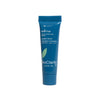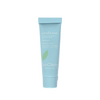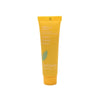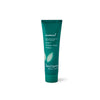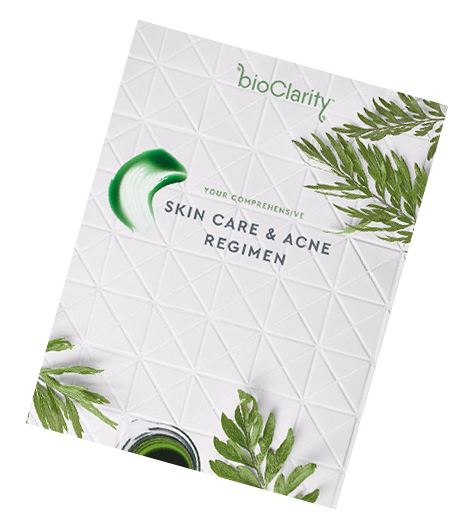What is Hormonal Acne?
By Abby Vinas
Types of Acne
•
0 Comments
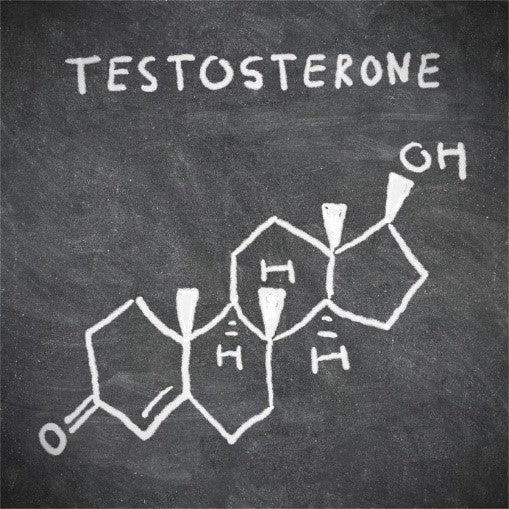
It’s no coincidence that breakouts first appear in early adolescence. Whether it’s a case of mild acne on the chin or cystic acne all over the body, hormones are usually in part to blame for any embarrassing blemishes.
Which Hormones Cause Acne?
When you reach puberty at adolescence, your body gets flooded with sex hormones. These hormones, called estrogen and androgen, are responsible for the development of your reproductive organs and your body’s growth. You might grow taller, grow more hair, begin menstruation (for women), and develop characteristic male and female features. Hormonal acne can be a byproduct of these interactions.
Estrogen and androgen are also called “female” and “male” sex hormones respectively. While both hormones are present in either sexes, females typically have more estrogen and men have more androgen. Men and women should both maintain a delicate balance of estrogen and androgen to stay healthy.
Androgens are responsible for sudden hormonal acne symptoms in teens. Once androgen floods the body, it triggers the sebaceous glands in the skin to produce more oil. Oil helps keep the skin moisturized and protected, but too much oil can lead to breakouts. Excess oil traps dirt, debris, and dead skin cells in the pores of the skin, which can cause the formation of a pimple. For help with getting rid of hormonal acne, you can try following our top teen skincare tips.
Does Acne Occur More Often in Women than Men?
Both men and women can get acne, but women are more likely to develop breakouts throughout their life. Why? The male body is flooded with androgens from a young age, but these hormones typically stabilize in early adulthood. Women’s hormones fluctuate every month during their menstrual cycle, so they’re more likely to develop breakouts.

Menstruation
If bloating, cramps, and mood swings aren’t enough, premenstrual syndrome can cause acne flares. The average menstrual cycle is about 28 days long, and each day, these hormones change. During the first half of a woman’s menstrual cycle, estrogen is the predominant hormone. In the second half, its progesterone. Each hormone drops to its lowest levels the closer the period approaches.
While the levels of estrogen and progesterone rise and fall, testosterone levels stay about the same. When estrogen and progesterone are at their lowest, testosterone levels will be relatively higher. Progesterone encourages oil production and swells pores shut. This can cause oil to build up in your pores and trap dirt and debris inside. Coupled with testosterone, this can be a recipe for pesky pimples.
If you’re a woman wondering whether your breakouts are related to your menstrual cycle, mark the time of the month when you begin to breakout. Hormonal breakouts in women often erupt on the chin and jawline.
Pregnancy
In some women, pregnancy can trigger acne or make existing acne worse. Androgens increase during pregnancy, which increases sebum production. Like menstruation, acne on the chin can be one of the earliest predictors of pregnancy. Some pregnant women experience persistent cystic acne during this time. If you’re pregnant and have cystic acne, seek treatment from your gynecologist.
PCOS
Polycystic Ovarian Syndrome, or PCOS, has been known to cause acne breakouts. PCOS occurs when ovaries become enlarged and cysts form on the outer edges. Cysts cause the ovaries to make slightly more androgens than usual, which makes skin to produce more oil. Women can clear hormonal acne through oral contraceptives.
Other Causes and Treatments
Medications
Any medication or supplement that manipulates hormones can cause acne. Birth control, anitepileptics, and antidepressants are the main culprits for acne development, although some other medications might interfere as well. If you notice that acne appears or gets worse with these treatments, seek the help of a doctor to discuss your options for hormonal acne treatment.
Hashimoto’s Thyroiditis
Hashimoto’s disease is an autoimmune disorder in which the body’s white blood cells attack the thyroid. The thyroid releases thyroid hormone to help regulate the body, including sex hormones. When the thyroid is underperforming, it can cause an imbalance of hormones, which can lead to acne.
Do Genetics Come into Play?
Some people experience acne breakouts throughout their life, while others never see a single pimple. Your genetic makeup determines how susceptible you are to acne and other skin conditions. If you know someone with naturally clear skin, it’s likely that other close members of their family have clear skin too. If your brother, sister, or parents have had acne, you’re likely to get it too.
How do I treat Hormonal Acne?
Your hormones are a natural part of what makes your body function. The only truly effective way to regulate hormones is to seek the advice of a doctor. Whether or not your acne is hormone-related, here are a few quick tips for healthy skin and minimizing your acne.
- Keep Clean
Dirty, sweaty clothes that rub against your skin can cause acne flares. Take off your gym clothes as soon as possible after a workout and toss them in the wash. If you wear a bra, be sure to wash it once a week to prevent acne to form along your bra line.
- Be Gentle
Never scrub your face with harsh exfoliates. Be as gentle as possible by splashing lukewarm water and using a soothing makeup remover. Avoid rubbing your skin dry by patting it with a towel.
- Drink Water
Drink two liters of water a day to keep acne at bay. Water flushes out toxins, delivers fresh nutrients to the skin, increases circulation and helps give you a glowing complexion.
- Take Your Vitamins
Vitamins and minerals are essential to healthy skin. Eat healthy, balanced meals and take a multivitamin to fill the gaps of your diet.
- Get Active
Engage in physical activity you enjoy to boost your immune system, increase circulation, and trigger the release of hormones.
- Catch Some Sleep
When you sleep, your body restores itself. Get a standard seven to eight hours of sleep every night so your body can rebuild your skin tissue and alleviate toxins.

Abby Vinas
Abby Vinas has long been an active member of the holistic health community, advocating in favor of its benefits to both our physical and emotional well-being. Her commitment to leading a healthy lifestyle has made her an authority on self-care practices. Abby is passionate about fitness, nutrition, and proper skincare, and is also an avid lover of avocado toast and dog-petting.
